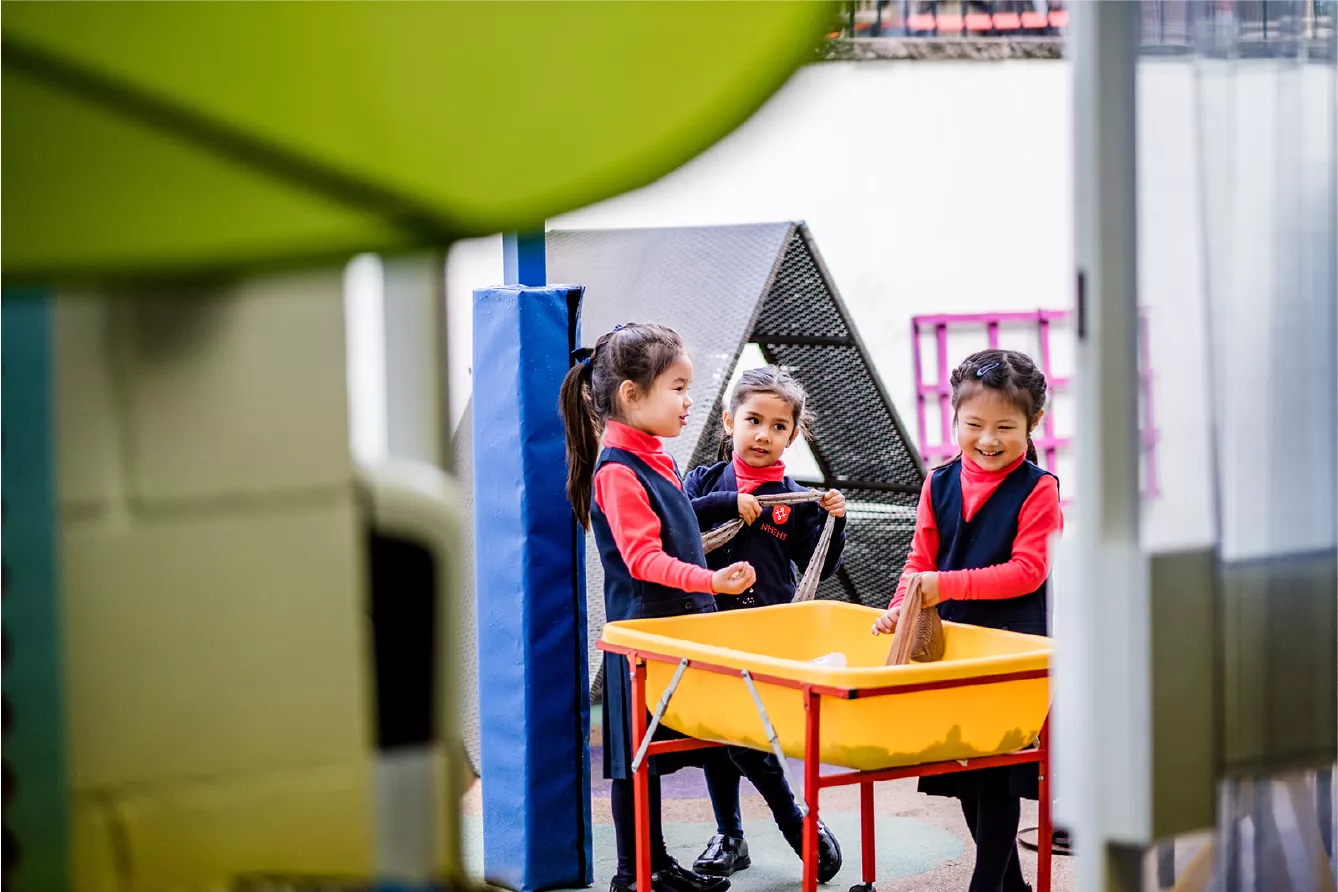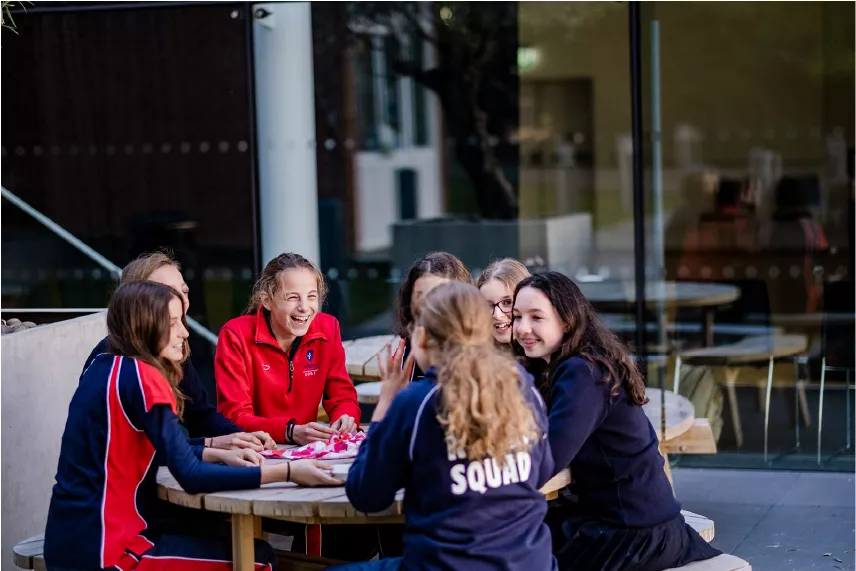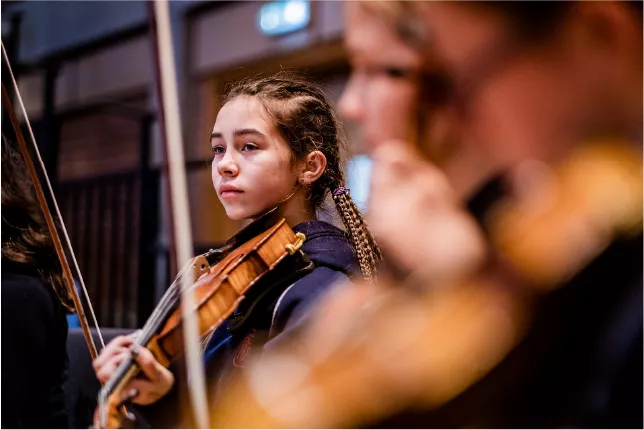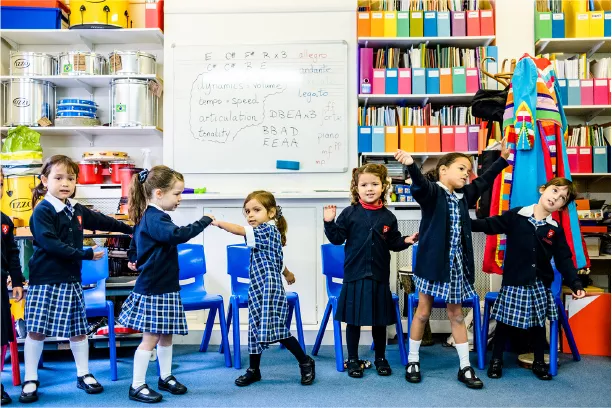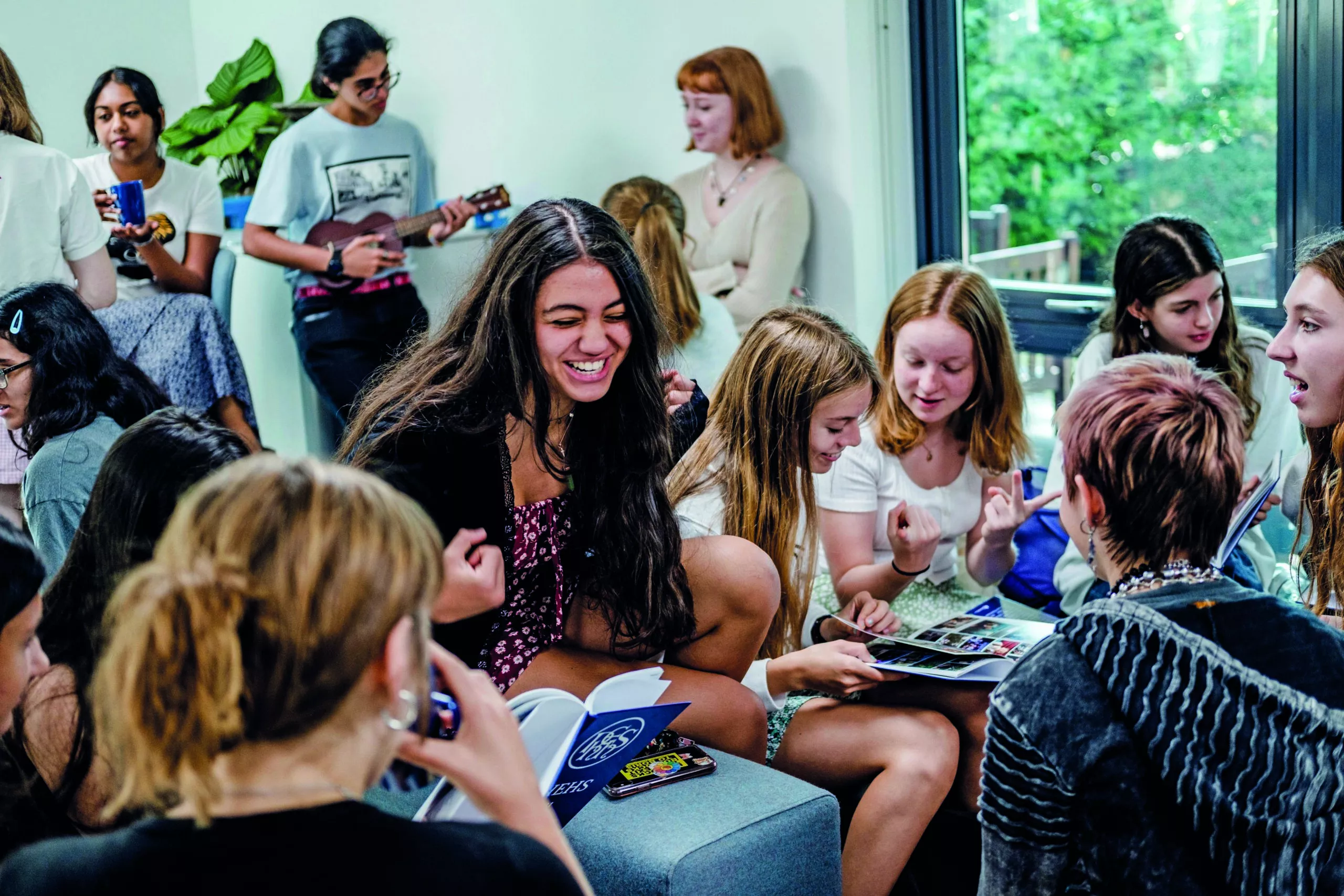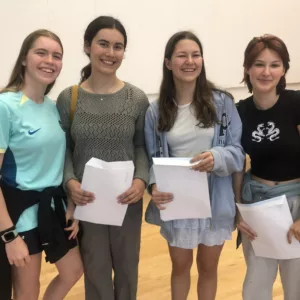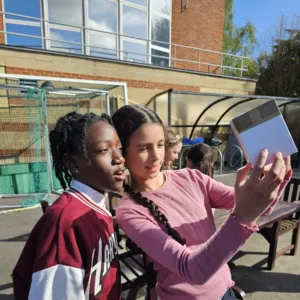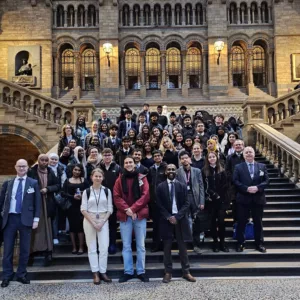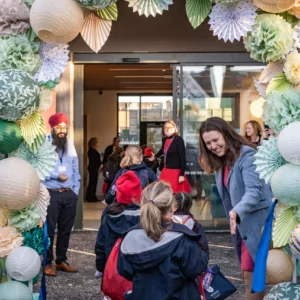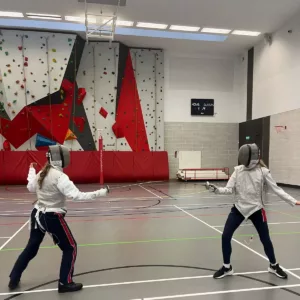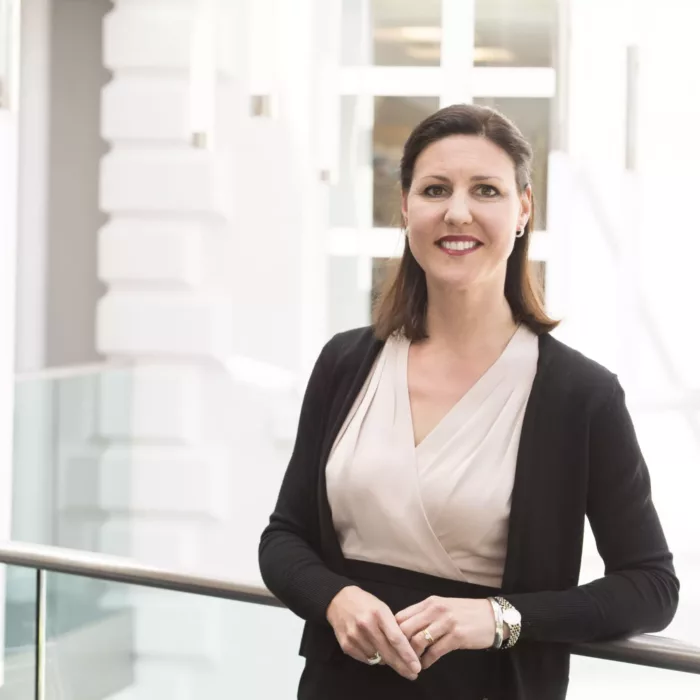18th January 2024
There is a real tension in how we talk about mental health. We need to listen to young people when they speak about their mental health. We need to take them seriously. What they are experiencing is real. The language they use is articulate and describes how they are feeling. We hear and reflect on worrying statistics such as the “NHS digital” findings that 1 in 6 young people in England (aged 5 to 16) experienced a mental health problem in 2020, up from 1 in 9 in 2017, and the charity “Mind’s” school survey of 1271 students finding that 82% of the survey sample of young people had experience of mental health problems.
We also need to challenge the perception surrounding mental health discussions and, as schools faced with this, work out what we can do. The language surrounding mental health is potentially loaded. There seems to be a promotion of the extreme conditions that encourage our young people to self-diagnose which is a worry as the continuum of emotions and health is being compromised. And if we talk to people in the wrong way, they feel like their feelings are not valid. Equally, those with diagnosed symptoms and disorders may in turn fall through the net.
We know that students with mental health disorders need support and it is increasingly hard to access it due to an overwhelmed system. So this is how schools and pastoral teams can pick up the pieces. We educate students about signs, symptoms and strategies to support them. But interestingly, for those on the lesser scale of the continuum, it is the smaller interventions that seem to be the most effective. Individual conversations, listening carefully, encouraging small steps forward can be powerful. We consider the language we use carefully; what are the fears, the worries that can be taken one at a time and worked through, rather than feeling the vastness of ‘anxiety’ overwhelm. What are the things we can do something about and others that can be put to one side? And how can we connect with another person by doing a small kind act that in turn makes both people feel a little better. By chipping away at these feelings, our mental health is fed positively and we build a scrap more confident in ourselves each time. And this makes us healthier.
It is the same with happiness. The expectation that we should be, or aim to be, happy all the time is setting us up to fail. The negative public voice expounding that the majority of teenagers are unhappy fuels this perception and becomes a self-fulfilling prophecy. But the continuum of happiness is not taken into account. Perhaps asking about moments of joy or whether there were times in a day when they felt fulfilled would be a truer reflection of what life is like, and therefore allow our students to feel more self-assured.
And the golden ticket is of course to find ways, and they don’t have to be grand gestures, to help other people. Talking to a resident in a care home, picking up a piece of litter, giving a shout out to someone in assembly are just a few of the tiny ways of connecting with the essence of life and feeling good about yourself. It’s not to provide an over-simplified solution, but it is a way that young people can develop self-awareness, use their minds, hearts and skills to become confident, compassionate and healthy young people entering the wider world. Which is what we need.
Rebecca Irwin – Deputy Head, Pastoral
